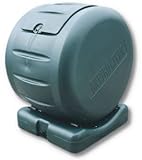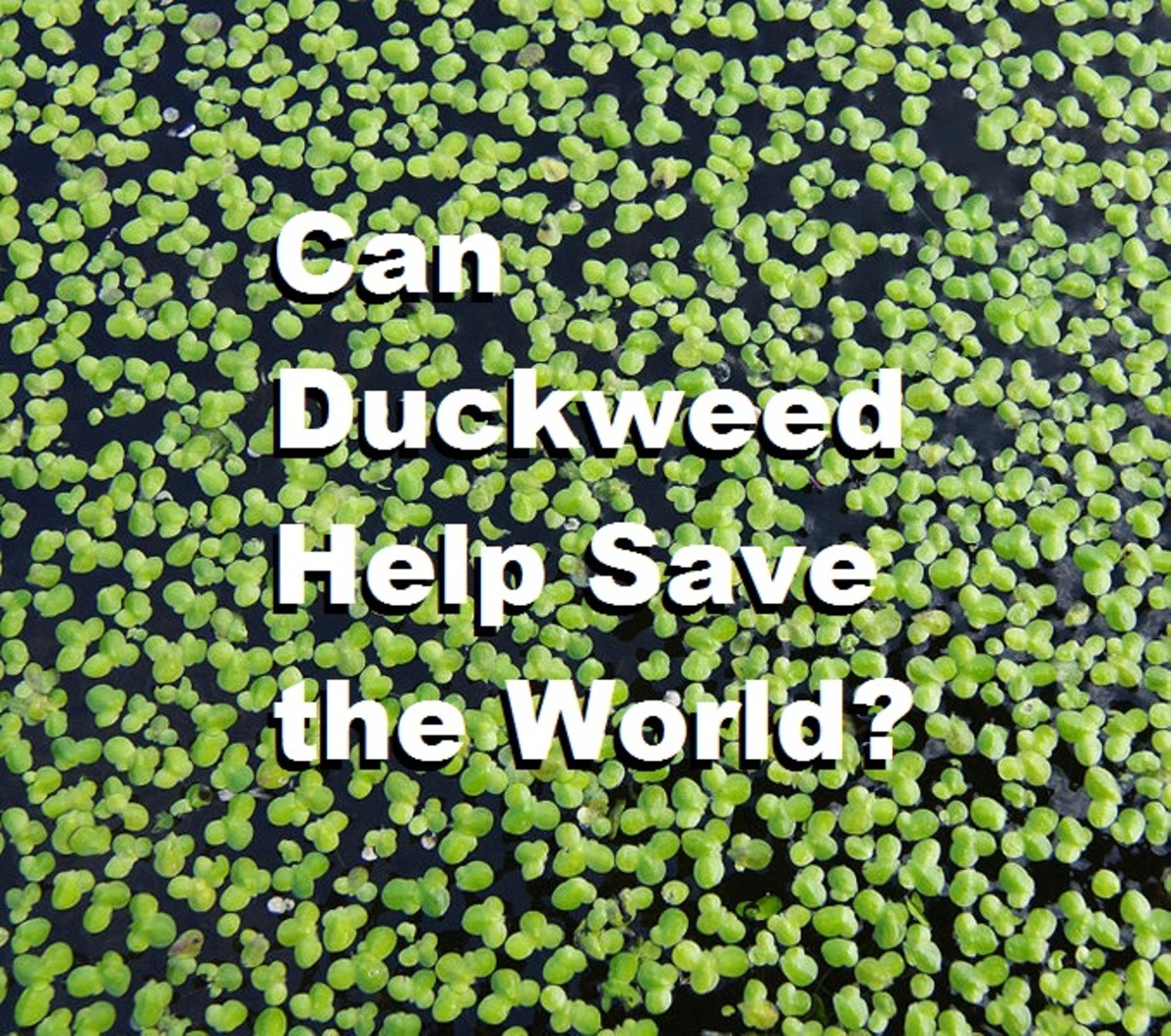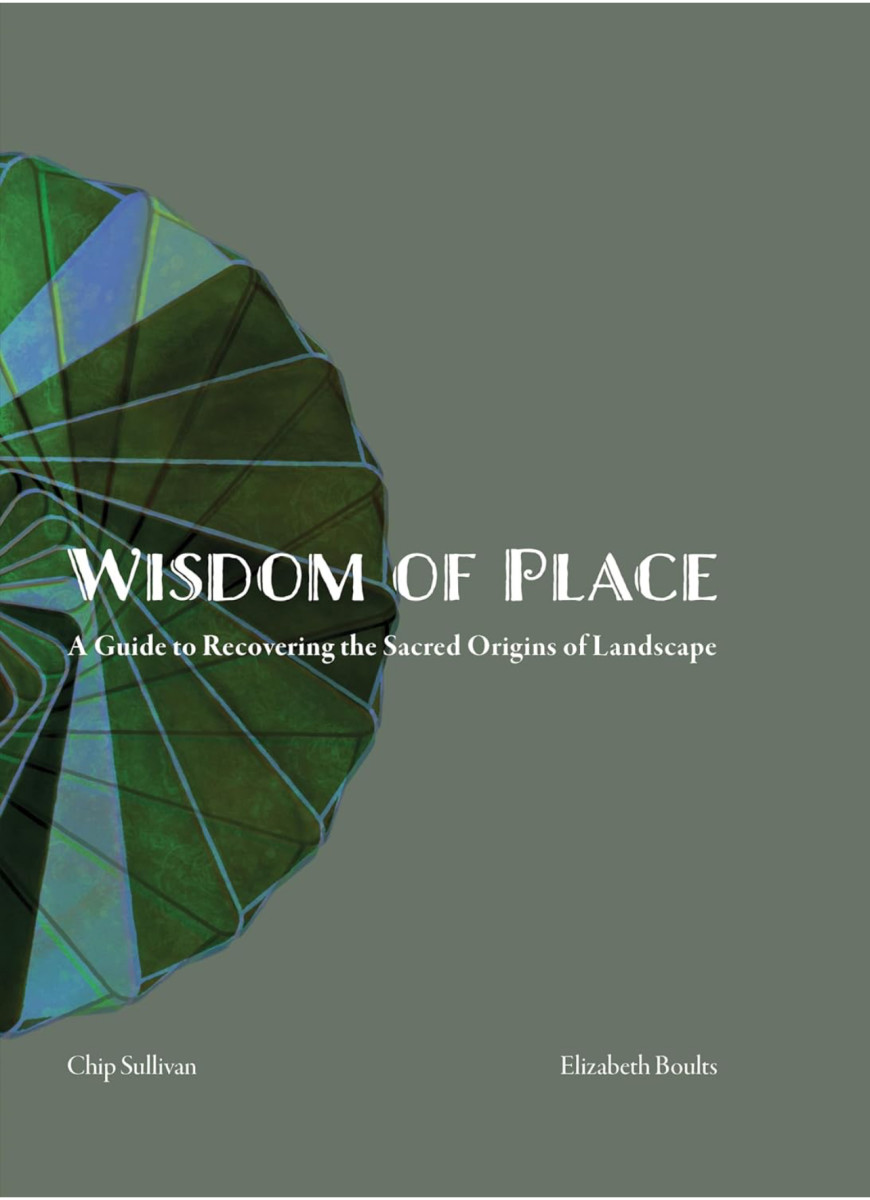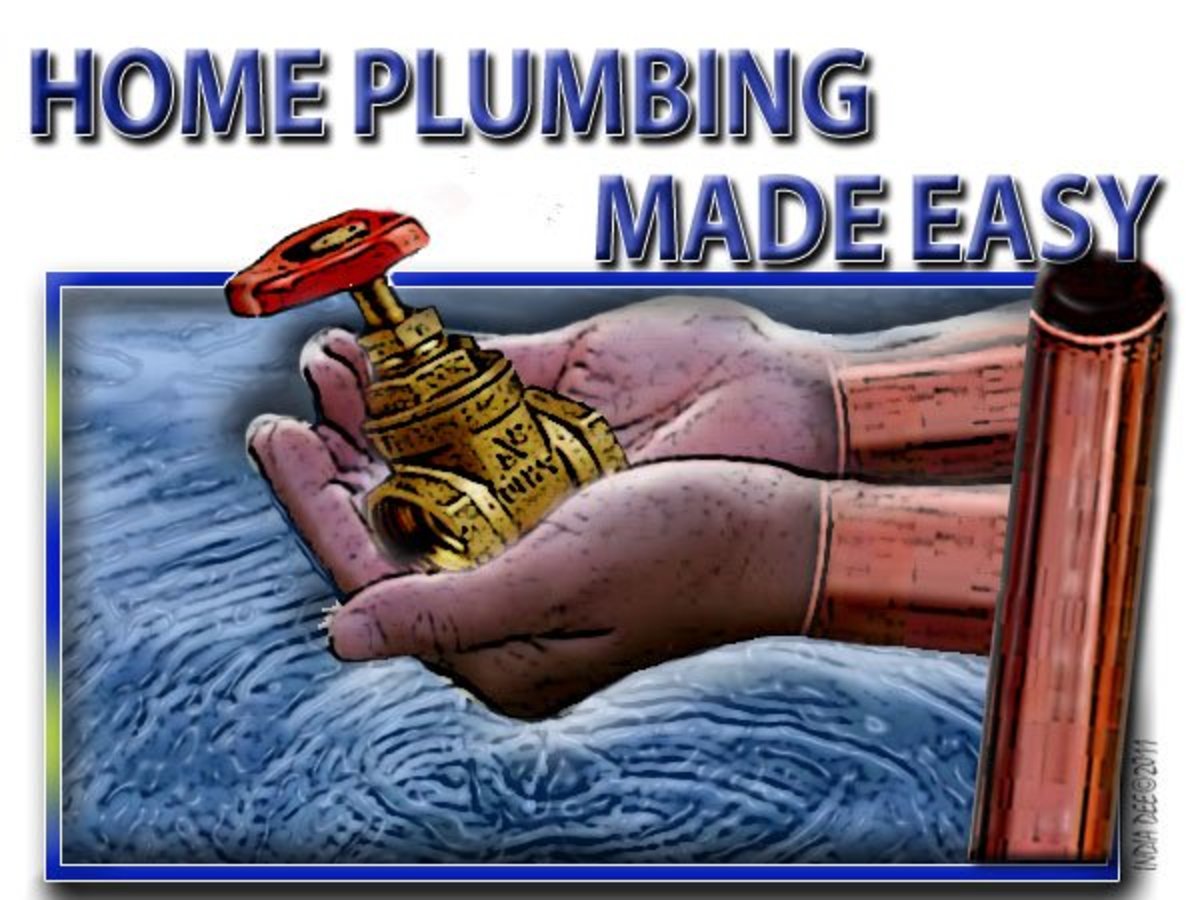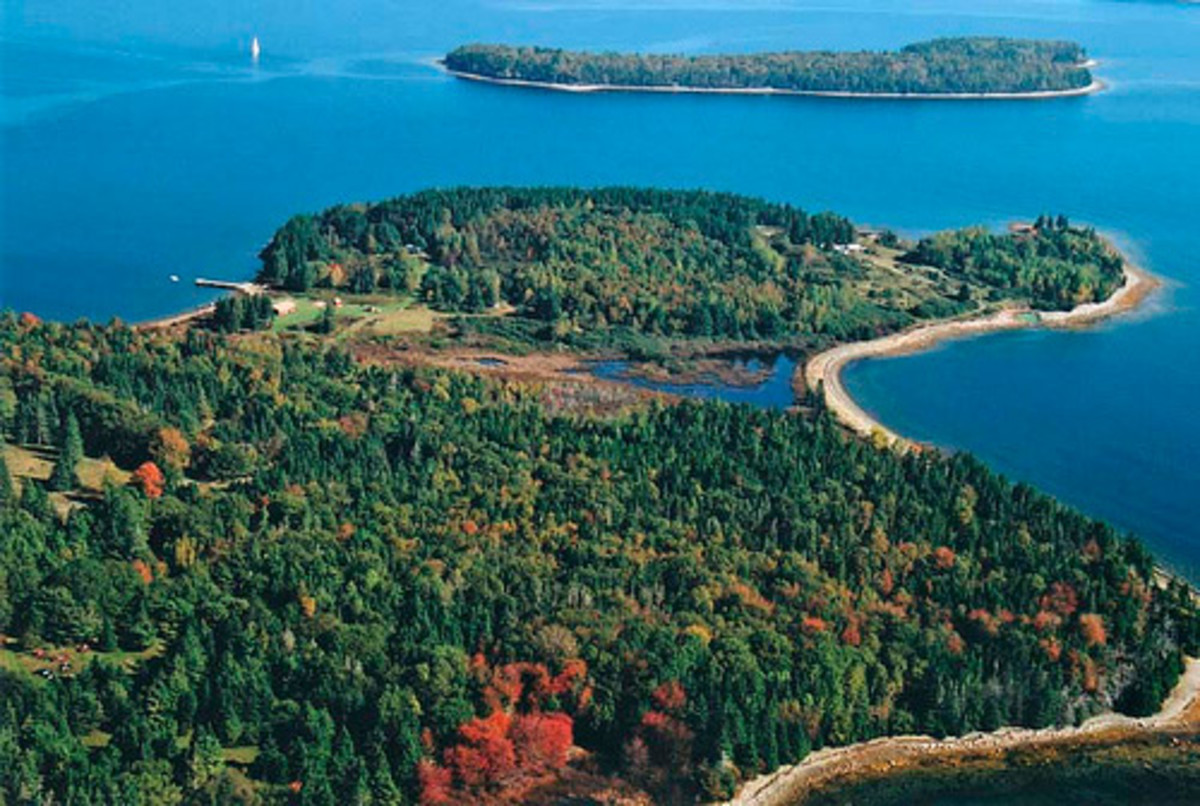Water Supply Crisis
Water not Oil
On September 2008 there was a bipartisan summit in America attended by 100 senators. The Senator from Rhode Island, Sheldon Whitehouse gave an impassioned speech part of which went as follows:
Gentlemen, we're in the middle of a near total mortgage system meltdown in this country. We have a health care system that burns 16 percent of our GDP, in which the Medicare liability alone has been estimated at $34 trillion. We're burning $10 billion a month in Iraq.
This administration has run up $7.7 trillion in national debt, by our calculation. And there is worsening evidence every day of global warming, with worsening environmental and national security and economic ramifications. In light of those conditions, do any of you seriously contend that drilling for more oil is the number one issue facing the American people today?
Books about water
Water Facts
Senator Whitehouse was very correct. It is not oil that the American
people should be concerned with, it is water. Here are some water facts:
- 1.3 billion people have no access to clean water and 2.5 billion lack adequate sewage or sanitation. The demand for water doubles every 20 years. At this rate, demand for fresh water will outpace supply by 50% in less than 20 years.
- All freshwater-dependent life shares 1% of the earth's water. The rest is sea water.
- 70% of the water used in America goes to agriculture.
- To sustain life, we each need 13 gallons of water a day. In the United States, we each use about 150 gallons.
- National Climate Data Center figures show that 43% of the United States is in "moderate to extreme drought."
- More than 50% of the water that American households use goes for lawns, gardens and pools.
- 66% of the world’s water supply is used for food irrigation.
The facts could go on, but the bottom line is that the water situation
is already tight and with continued population expansion the situation
can only get worse. It is not oil that future wars will be fought over
but water. This is what US Administrators are willfully ignoring.
Consumerism and Value
People around the world from Japan to Saudi Arabia, to the States and
from South Africa to Iceland have been conditioned for the last 50 years
to be consumers; to gain happiness from consumption. They have been
told that cost is simply a market device reflecting a number of economic
variables. Nobody in the mainstream until recently has questioned this
consumer-value ethos.
This has changed with global warming. Now, finally, pollution and carbon
emission has been accorded a value through the off-setting system
whereby companies can buy credits to emit carbon. I have my doubts about
the off-setting system but the fact is that before it nature had no
value in itself. Only if you were fined for pollution did money come
into the equation. Similarly, the only value accorded to rainforests was
its timber and land. Biodiversity and carbon recycling were ‘free’
services that forests provided until the REDD system came into place.
This is another attempt to put a monetary value on nature.
Nature is not cost neutral and never has been. We are part of nature and
what affects nature will surely affect us. And this is particularly
true of water.
The Centre for Sustainable Development at Cambridge University has
devised the auditing system called ‘embedded value’ to calculate the
true cost in water terms for everyday consumer items. Their findings are
shocking. To give just two examples:
- The embedded value for 1 cup of coffee is 246 pints (140 liters)
- The embedded value for 1 pint of beer is 130 pints (74 liters)
This is how much water it takes for irrigation to grow coffee beans and hops for beer. It means that if you drink 5 pints in a night you are consuming 650 pints of water or in other words enough water to keep 50 people alive for 1 day. The situation for coffee is even worse because much of the world’s coffee is grown in equatorial countries like Kenya which already suffer from severe water shortages. The next time you drink a cup of Kenyan roast think about that
Best Price for the Oxygenics 80277
Envirocycle Composter
Water Solutions
What Can Be Done?
The first thing that needs to be done is that World leaders have to
admit there is a problem and money has to be made available for a number
of world-wide water husbanding projects. Water trust funds must be set
up, rainwater catchment systems should be installed everywhere it rains.
Communal irrigation systems must be developed. Desalination technology
must be improved and made widely available at affordable prices. And
most importantly of all, water must not fall into the hands of private
companies looking to exploit shortages, drive up prices and cause mass
misery for the poor. Already people living in slums often pay 5-10 times
more for clean water than wealthy people living in the same city. If
left to market forces the demand for water will impoverish the vast
majority of the world’s population.
What Can I do?
For your home, green interior design methods should be adopted. These
include installing low flow showerheads and low flow faucet aerators.
Rainwater should be collected to water the garden. There are number of
other simple practical things you can do to reduce water use at home.
1) Take shorter showers. Run the water to get wet. Stop it and soap up. Then turn the water back on to rinse.
2) Don’t wash the dishes with a running faucet.
3) Only do full loads in the clothes washer.
4) Put bricks or Pet bottles filled with pebbles into the toilet tank to reduce the volume per flush.
5) Keep a bottle of water in the fridge to drink from instead of running the water until it gets cold.
6) Check all your pipes and faucets for leaks. One leaky faucet can waste 20 gallons of water a day.
7) Insulate your water pipes so the water warms up quicker. This way you waste less water waiting for the shower to get warm.
8) Don’t use a sink garburator. They waste water. Instead put your food scraps into a composter and use the compost to grow food.
9) Don’t keep the tap running while you brush your teeth.
These are just some of the easiest ways you can conserve water. When the
price of water starts to go up and up (as it surely will) you will be
doing these things as second nature.
At the moment water is inexpensive as are a cup of coffee and a pint of
beer. So it is for moral and environmental reasons you should conserve
water. There are also some financial incentives. If you install a good
low flow showerhead such as an Oxygenics 80227 TriSpa you will reduce
your heating and water bills by $10 a month. Following the guidelines
above will also have an impact on your bills.
So save your money and water now. The next water war and the next major
drought are not far off; and you cannot be certain that it will be
somewhere else and not affect you.
More Green Hubs and Sites
- Notes on Sustainable Design
As the Worlds supplies of oil start to run out during the first few decades of the Twenty First Century people are going to start taking the ideas of sustainable design more seriously. It is an all... - VOCs in the Home
Did you imagine that your perfume or dry cleaned clothes were making you sick? - How to Reduce Your Home Electricity Bills
The average family in the USA spends $2,200 a year on energy bills. A lot of these dollars are wasted. This article is about what you can do to reduce the waste in electricity use in your home. - Buy Strand Woven Bamboo Flooring
Best prices for strand woven bamboo flooring - the environmentally friendly alternative to hardwood flooring. - The Bamboo Shop
Best prices for bamboo home and garden products. Bamboo is a renewable resource that is great for mats, blinds, furniture, office equipment, kitchen ware and many other environmentally friendly products. - Cork Underlayment
Best prices for cork underlayment. Buy with secure Amazon powered shopping cart. - Reclaimed Hardwood Flooring
Reclaimed hardwood flooring is made from disused and abandoned hardwood. It is often cheaper than new hardwood flooring.It is strong and durable and an ideal alternative to traditional new hardwood flooring. - The Truth About Coconut Oil and Saturated Fats
Well its been 30 years since the developed world fell in love with polyunsaturated fats and hydrogenated oil, and has the expected decline in obesity, heart disease, cancer and diabetes happened? No. - Green Cleaning: alternatives to normal detergents
Over the decades it became ingrained in many people's subconscious that detergents were better than soap; that detergents kill bacteria and clean better. This was a ploy by marketers that has had a devastating consequence on the environment. - The Problem With Trying to Legislate a Revolution
The most important ideology to emerge over the last few years is environmentalism. The Green movement has progressed since the early 1980s when the first successful Green party appeared in Germany. - Are Feed-in Tariffs A Good Idea?
Since April 1st, 2010 people living in the UK are entitled to take advantage of a scheme that makes installing solar panels on your house or a wind turbine on your property much more affordable. - Conflicting Green Issues
It is hard to clearly find either a definition of green action or a clear and scientific set of criteria and principles with which to judge the greenness or un-greenness of a product or process. - Before You Buy a Hardwood Floor Consider This
Before you buy a hardwood floor you should consider the future health of the planet. Every second an acre and a half of rainforest is cut down. In 40 years there will be no rainforests left. - Guide to Programmable Thermostats
There are a large number of programmable thermostats on the market. Faced with all this choice it is hard to decide. So below Ive written a guide covering some of the key things you should consider before buying a programmable thermostat. - Suberin in Cork Flooring
Cork is a renewable resource that makes excellent flooring. One of the reasons that cork is a good material for flooring is that it contains suberin. - Planned Obsolescence
For many years big business corporations have tried unsuccessfully to keep secret a policy they have to build in a lifespan into their products. - Eimann Fabrik VOC Free Engine Degreaser
There are a wide variety of VOCs. Some are more toxic to people and animals than others; but one thing is agreed upon nowadays, and that is that VOCs are bad. - Earthmate Compact Fluorescent Light Bulbs
Earthmate compact fluorescent light bulbs last 13 times longer than an equivalent incandescent light bulb. Not only this, but Earthmate CFLs use 75% less energy than standard incandescent light bulbs.



